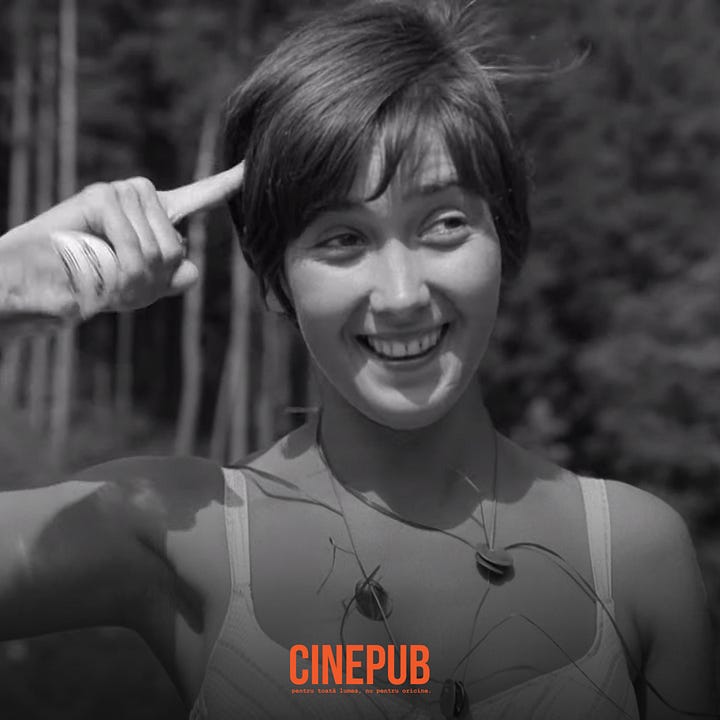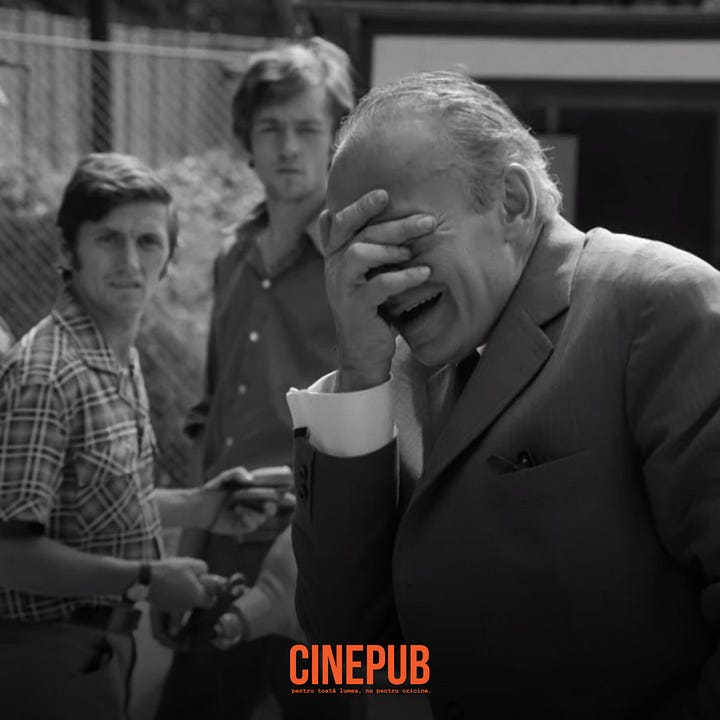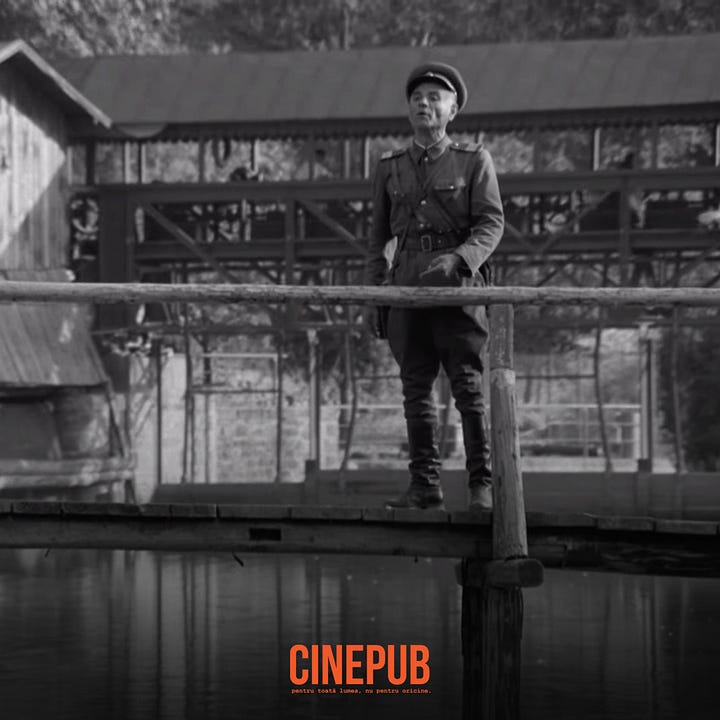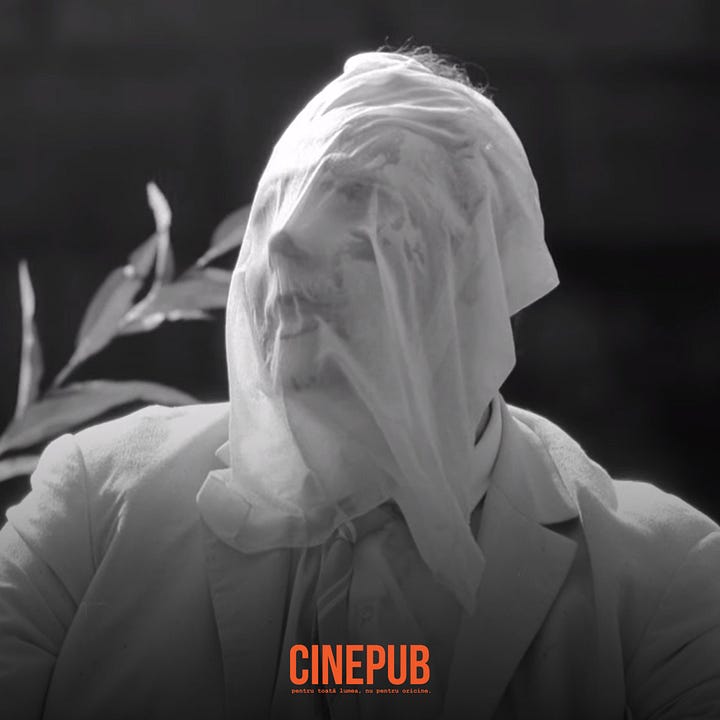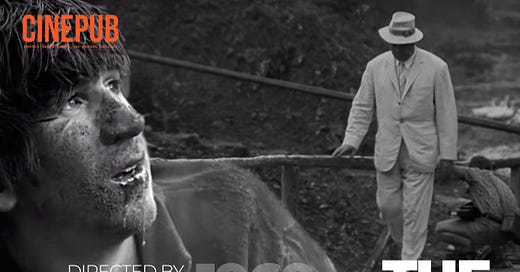The Reenactment: The Defining Romanian Film
The Reenactment, possibly the most important Romanian film of all time, is a stylistic explosion accompanied by a harsh social critique.
The Reenactment, possibly the most important Romanian film of all time, is a stylistic explosion accompanied by a harsh social critique. Released in 1970, banned and then re-released in 1990, the film focuses on the filmed reconstruction by the authorities of a fight between two young men, Ripu (Vladimir Găitan) and Vuică (George Mihăiță). The "filming" of this cautionary tale about the dangers of alcohol ends tragically with the death of one of the protagonists.
The optimism found in The Valley Rings (1949, dir. Paul Călinescu), which marked the beginning of Romania's Socialist film industry with equipment from Moscow and The Reenactment, which emerged in the '70s with a cinematic revolution that also marked the end of an era of artistic freedom.


Pintilie's characters are in stark contrast to the perpetually energetic and hardworking stakhanovites of The Valley Rings, presenting themselves more as enthusiasts of intense Romanian experiences such as football, beer, young ladies, and mountain climbing. The relationship between the spectator and the cinematic apparatus — which, we must not forget, was successfully utilized by Soviet avant-gardes as a means of information dissemination and propaganda — is no longer a direct one. The story no longer possesses the privilege of existing in a direct relationship with reality while simultaneously being deeply detached from it and sheltered by its ideological epidermis.
The criminal acts committed by the two "punks" in Pintilie's film are presented before the camera for educational purposes. The film within the film, created by the police team, serves as an exemplar of antisocial behavior. But in Pintilie’s film, spectators have access to the behind-the-scenes of these procedures, where people don't exude socialism, but rather ooze a certain jaded tension. In this sense, The Reenactment is a meta-film. From the very beginning, Pintilie even shows us the process of loading the film into a hand-held camera.
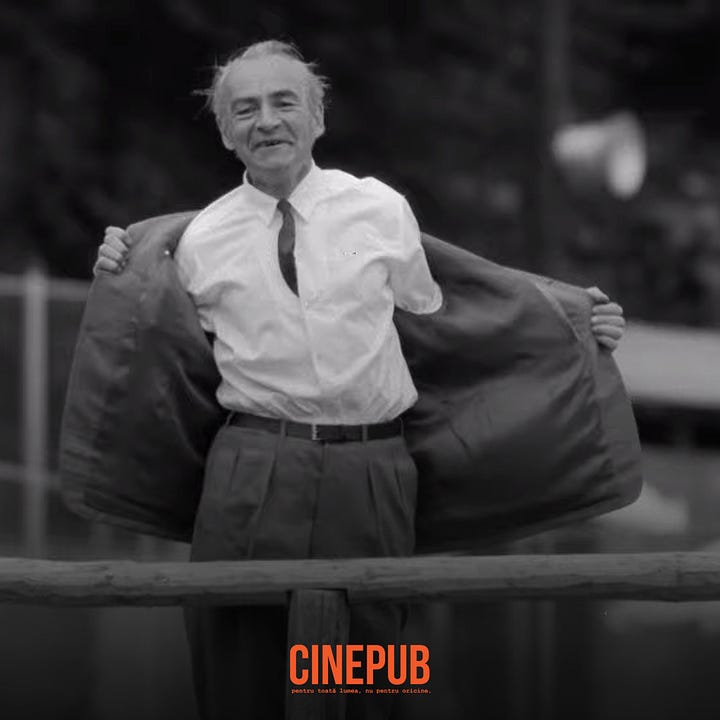
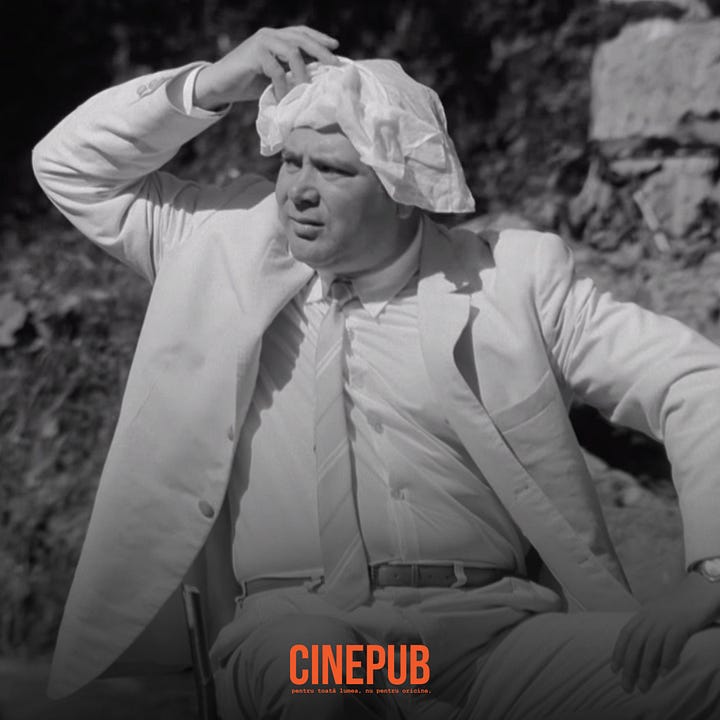
One of the most incisive Romanian films artistically, The Reenactment was ranked first in a 2008 list compiled by Cristina Corciovescu, the president of the Association of Film Critics at that time. The rankings were based on votes from 40 Romanian critics and included all Romanian films made since 1912.
An undisputed film, a visionary director targeted by the socialist authorities, whose return after '89, although eagerly anticipated, failed to live up to expectations. A director who, like Zeus to Athena, gave birth through parthenogenesis to another immense director, perhaps his successor on the "throne," Cristi Puiu.
(Emil Vasilache, cinepub.ro)
